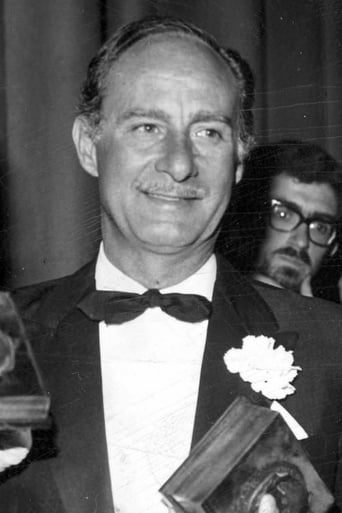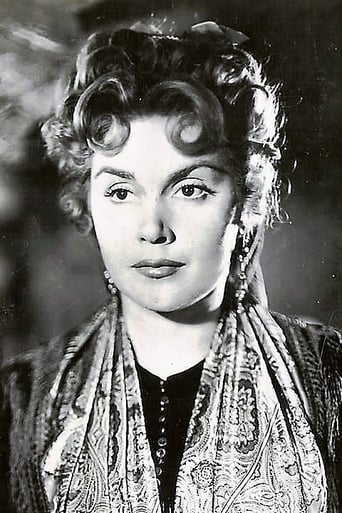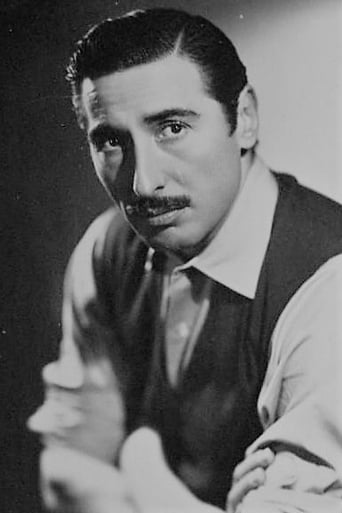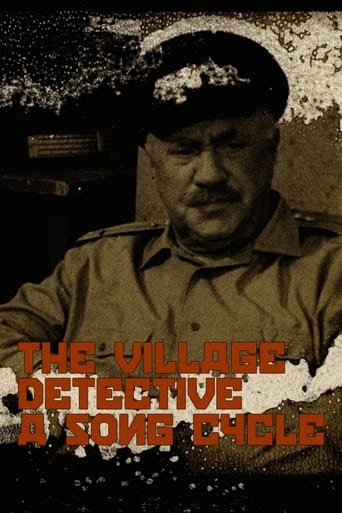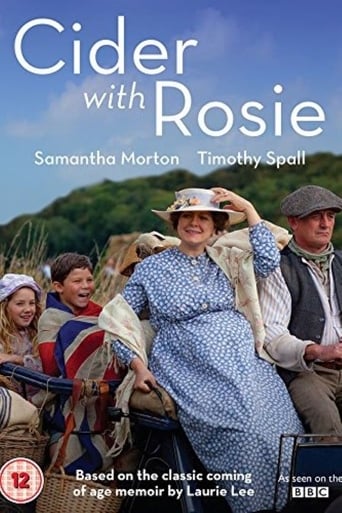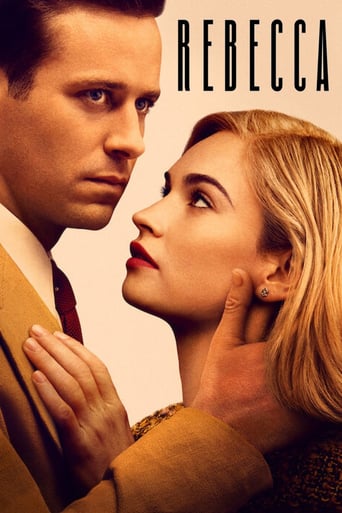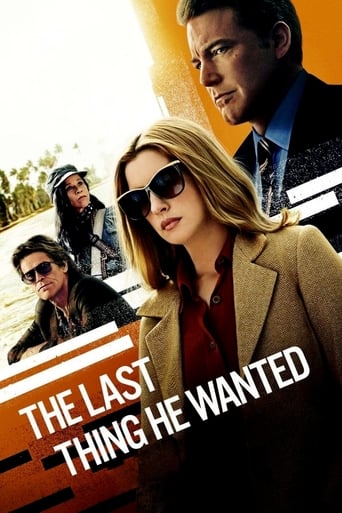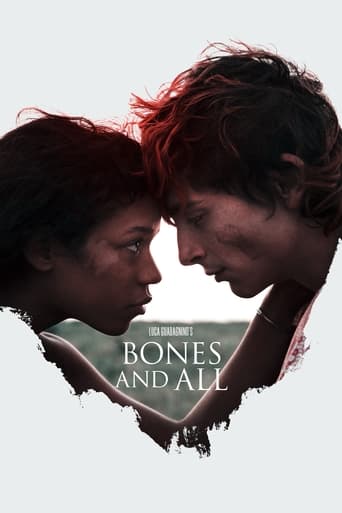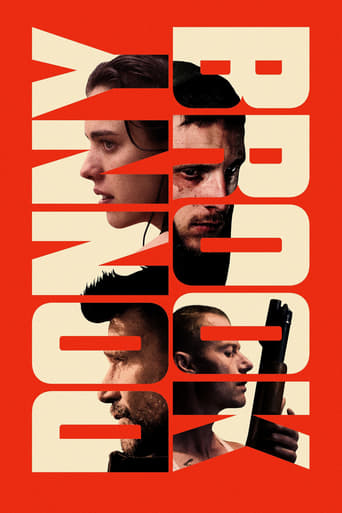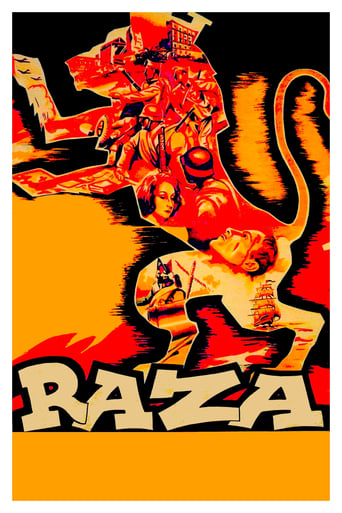
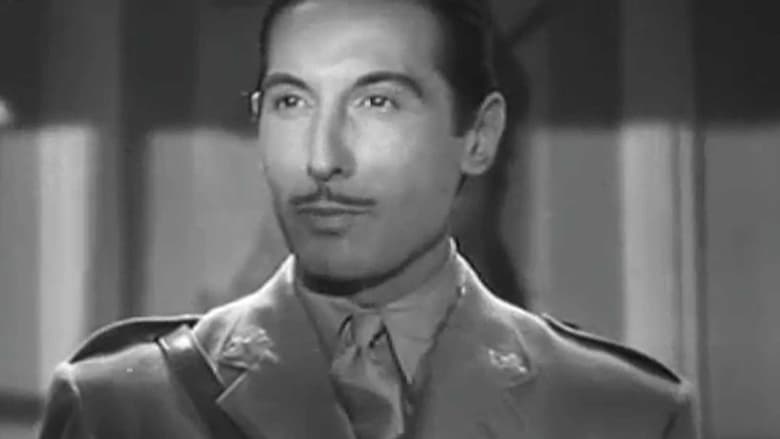
Raza (1942)
The troubled story of the Churruca family, a noble lineage of brave seamen, descendants of Cosme Damián Churruca, the Spanish hero of the Battle of Trafalgar; from the Spanish-American War (1898) to the end of the Spanish Civil War (1936-39). (In 1950, a new cut of the film was released with less ideological depth and ten minutes shorter.)
Watch Trailer
Cast


Similar titles
Reviews
The film was written by Franco a military dictator who's "crusade" left 2 million deaths. It is his equivalent of Mein Kampf and filmed as fascist propagandaWhen you watch this movie, or read other users comments, please bear in mind the true history of the Spanish civil war.The 30's started with the end of the 7 year military dictatorship by Primo de Rivera who failed to solve the numerous social and economic problems. The king, Alfonso VII, left on voluntary exile as he recognized the lack of support from the majority of the Spanish society.What followed was the reinstatement of the Spanish democracy, bear in mind the first Spanish constitution was written in 1812. The initial elections where won by the left, however after less than 2 years the various problems led to elections being called again and a coalition of right wing parties won the majority but it was just as unsuccessful as the left wing government.The republic, as the Spanish democracy was called, tried to tackle the different social and economic problems, among which we have the dominance of the countryside by landlords and the army overburdened by an excess of officers. The Catholic church was also blamed for preaching conservative thought at a time when deep reforms where necessary. The republic, being secular, endeavored to curtail the power of the church in government areas, particularly public education and cut on subsidies.They were turbulent times. There was a military upraising that failed and was later followed by a general strike and workers revolt that failed too. In the meantime a strong Anarquist movement hand grown in industrial Barcelona. The communist where a political minority, the left being mainly represented by the Socialist party. On the other side of the political spectrum the Spanish Falange, akin to the Nazi party, was a minority.The military organized another coup, this time with the involvement of the highest generals and the uprising was immediately backed by the Falange, the landowners, the church and conservatives. However the upraising failed in the main cities and industrial areas, it succeeded only in conservative rural areas. This was mainly due to the government giving weapons to labour unions and left wing parties who were organized and quick to respond to the military coup. In Barcelona the Anarquists used their new power to carry out their political agenda, an Anarquist revolution. The communist party surprised everyone by how well organized and pragmatic they were, forming one of the few truly effective fighting forces.In the meantime, Franco, with the support of the Italian and German fascist leaders who sent troops, equipment and in particular planes, managed to get the trained and experience north African troops from Morocco, moors included, into the peninsula, even though the Navy remained loyal to the Republic.Great Britain however, in their appeasement policy towards Hitler, did not support the republic as it would mean fighting Hitler, and convinced France to follow suit and established an embargo. The USA washed its hands too, but did not stop Texaco from supplying Franco with all the necessary oil, including that which had been paid by the republic. Only Communist Russia agreed to support the republic, in particular by selling arms and sending training instructors. This support from Russia and the exemplary discipline of the communist led many to join them and they grew significantly during the civil war to became an important party, though the left wing conservatives where still the majority.In the meantime up to 150.000 people from all over the world came to fight fascism in Spain in what was later considered a prelude to the Second world war. The Lincon brigade was mainly US citizens, but there was also the Garibaldi (Italians) and a German brigade which surprised many who where used to being dive bombed by the Luftwafe; remember Picasso's masterpiece "el Guernica". The initial chaos had seen citizens taking arms and different labour unions being responsible for the defense as the remaining army was not trusted much. However, with time the Republic managed to organize a new army and take back control from the unions. The Anarquists in Barcelona resisted, as it would be the end of their revolution and for a few weeks fighting went on in Barcelona.The republic did not control enough rural areas to feed the population, and the economic embargo led to extreme food rationing and the lack of arms supplies and experienced troops meant its army was not effective enough to fight back and only managed to slowdown the revolt and successfully defend Madrid, which never fell.Franco, who had come to power after the accidental death of the coup leaders and the success of its African troops, had an effective combat force and arms supply. Inch by inch they gained control of the country in a 3 year civil war that left 2 million dead.The war was very bloody, at a time where people thought ideologies could solve the worlds problems. Though Great Britain gained mining rights as a result of their lack of support to the Republic, they and France would pay dearly when a couple of years later Hitler changed his attention to them, and it was only thanks to the 20 million dead Russians that he was defeated.In my opinion, though Franco turned out to be a benevolent dictator, he did not outdo all the damaged done by the war, and only after his death, with a democracy, has Spain realized its true economic and social potential.For more information please go to wikipedia.
I had to watch it for a class project and it's possibly the worst movie 've ever watched (and i've watched awful things) technically it doesn't worth a s*** and the plot is a "version" of Franco's life, totally and absolutely fascist, from the beginning to the end. You could think that it would be interesting from the historical point of view, but it's only a one side version of the history, and we've seen too much of that side during 40 years, i don't agree with that version at all but for disgrace, in Spain, some people still thinks like that, and tries to make everyone to think this. And if not, well you can imaging how many people had to go out of the country with Franco, so, would you like to had to do that? what would you do if your brother makes you to travel to another country just because you have a different point of view?? so if you want to take a siesta, or a headache, watch it. but please, DON'T Believe IT!!!!!!!!!!!!!
Very interesting work to know the point of view of spanish national ideology. Franco supposedly wrote the script of this mediocre film. Indispensable to understand certain things of the Spanish Civil War.
This film has been mercilessly and unfairly ignored because of their ideological content and its historical and cinematographic values have been scandalously overlooked or dismissed. I think that its quality is excellent (take, for example, the scene of the murder of the priests on the beach, with that overwhelming view of the corpses softly caressed by the sea waves) and that (like in most of the films about the Civil War shot in Spain during the post-war years) what you see in it is enormously mild in comparison with all that really happened during that nefarious political period we know as the Second Spanish Republic. Sáenz De Heredia (one of the greatest and most shamefully under-under-under-underrated film directors in cinema history) proved once more that he was perfectly capable of telling a story as it must be told, and besides he surrounded himself with some of the best actors of the time, such as the wonderful Alfredo Mayo (the scene of his failed "shooting" is simply memorable), the beautiful and splendid Blanca De Silos, the equally good José Nieto, Raúl Cancio and the rest, but, most of all, I´d like to dedicate a special mention to that fabulous, gorgeous, intelligent, multi-faceted and talented woman that was the late Ana Mariscal (actress, writer, director and probably the sexiest spot-by-the-mouth artiste that there has ever been apart from Anne Francis), whose real-life brother, Luis Arroyo, plays the role of Jaime Churruca, the young murdered priest. Both the original book (written by Generalissimo Franco with the pseudonymous Jaime De Andrade) and the movie are small but truthful and REAL pieces of history and their quality is first-rate. Don´t let yourself influence by political or ideological prejudices: just see it and learn the truth, and keep on learning it afterwards. I beg you!


